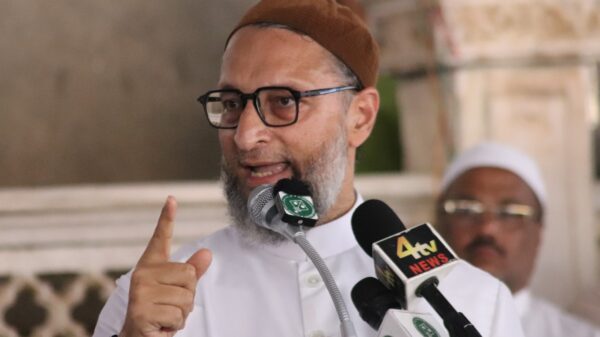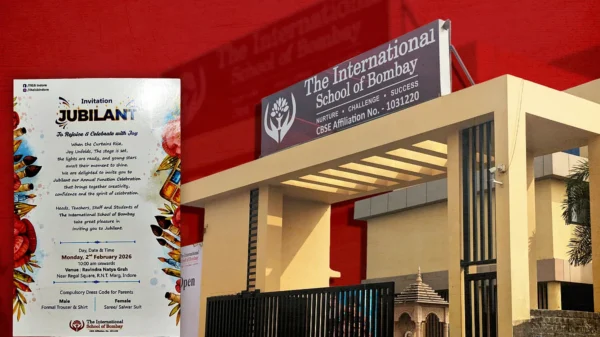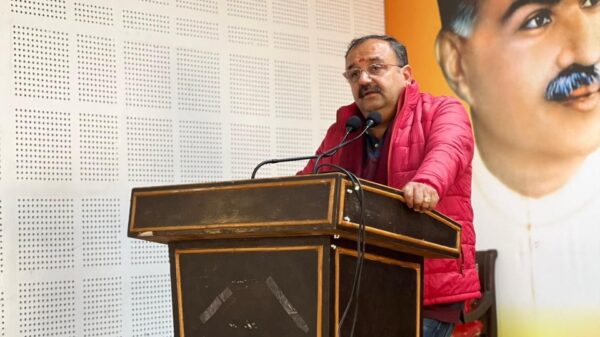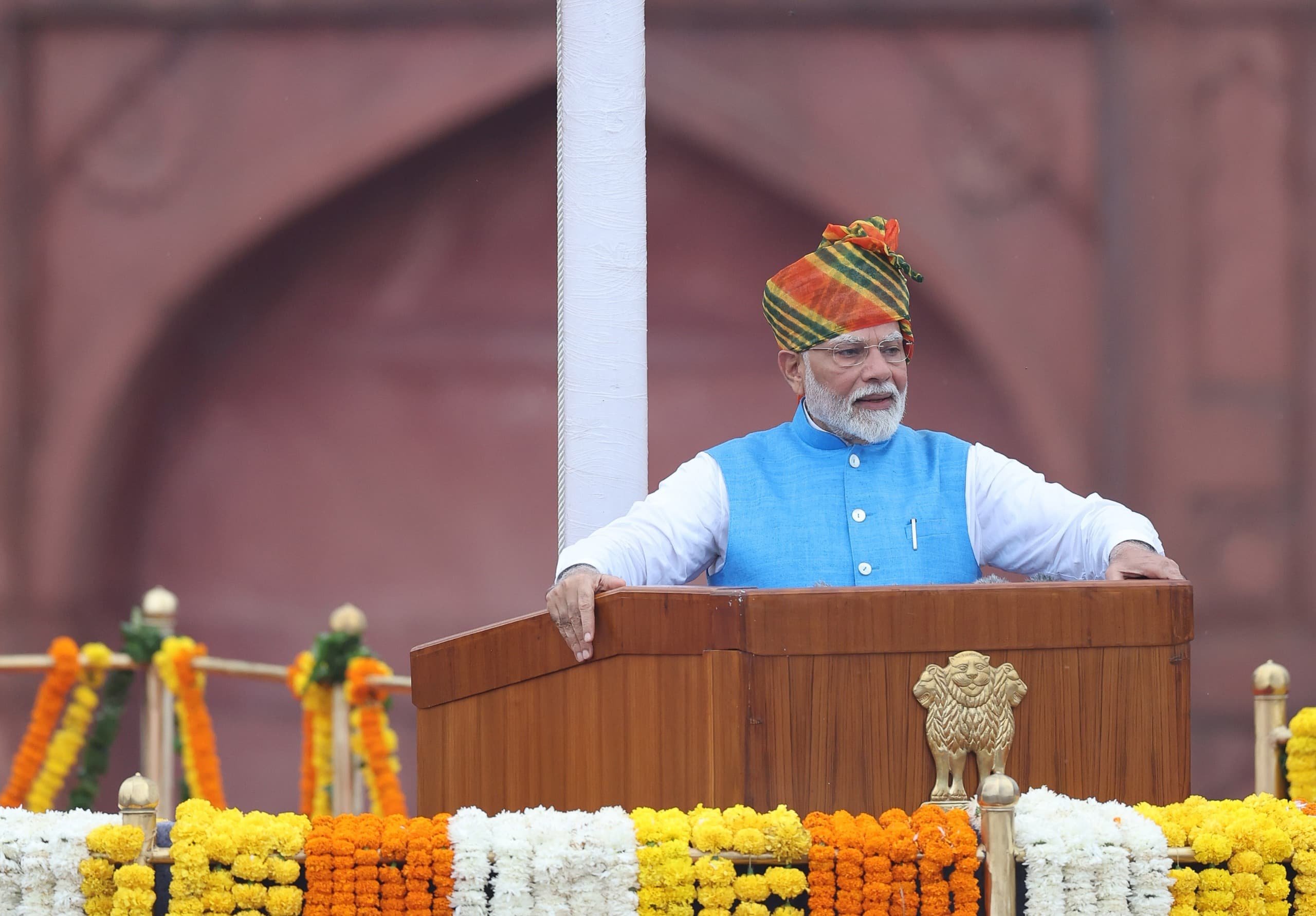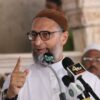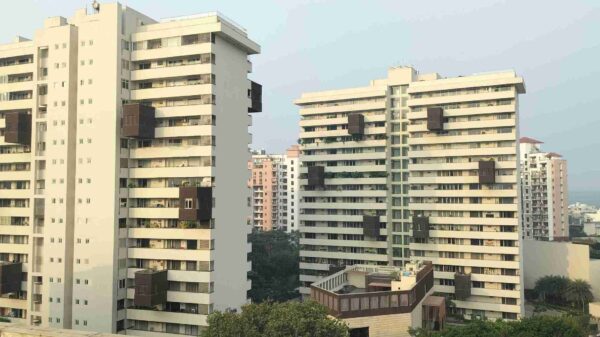On India’s 78th Independence Day, Prime Minister Narendra Modi addressed the nation from the walls of Red Fort. In his 98-minute-long speech, the Prime Minister covered a wide range of topics including violence against women, the Olympics, Viksit Bharat, the need to have unified elections and a Uniform Civil code.
Describing the current civil code as communal PM Modi, promoted the idea of a ‘secular’ alternative.
He said, “ The current civil code is communal. The country needs a secular civil code.”
“ … the communal civil code that has existed for the past 75 years needs to be eliminated.”
Noting the elaborate discussions that have happened on the issue he said, “ The Supreme Court has had discussions on Uniform Civil Code many times and has given orders. A large part of the country believes and there is truth to it that the civil code we currently have is a communal one… I would say that it is essential at this moment that there be a Secular civil code so that the country becomes free from discrimination on the grounds of religion.”
“The Constitution, the Supreme Court and the drafters of the constitution want the same,” he added.
Speaking about Modi’s speech, JD(U) National General Secretary K C Tyagi told The Indian Express,“ CM Nitish Kumar made a submission in 2017 on UCC to the Law Commission. Our stand on UCC remains the same. We aren’t against it, we want a consensus done before implementation.”
“If BJP plans to implement UCC, we will look for a way to safeguard the interests of Muslims. We will make sure that the voice of Muslims is heard when discussions happen on this issue” said a senior TDP leader.
In BJP’s manifesto for 2024 Lok Sabha elections, the party is committed to implementing UCC asserting that it can potentially advocate the country’s national integrity and plurality. The implementation of UCC has been an agenda of the BJP and its ideological guide Rashtriya Swayamsevak Sangh, both eye and advocate for its implementation for all the people of the country.
Uttarakhand became the first state to pass the law. Drawing criticism from several Muslim bodies, alleging that it interferes with personal laws concerning marriage, divorce, inheritance etc. The UCC is also alleged to be discriminatory and many fear that it may wipe out the cultural practices of many communities.
Modi asserted the importance of having one nation, and one election and affirmed that India is set to become the world’s third-largest economy.
Regional parties fear that they will not be able to voice local concerns if one nation, one election is followed as national issues will get all the attention. Parties like the Samajwadi Party, and AAP have opposed this policy. AAP alleged that BJP plans to bring One nation one election to ‘eliminate the parliamentary form of government and bring a Presidential system.’
Eyeing a ‘Viksit Bharat’ in 2047 when India will celebrate its 100th Independence day, Modi said,“ We received thousands of feedbacks from Indians who suggested to us how to make India a developed country. We are committed to bring reforms for the growth of the country.”







